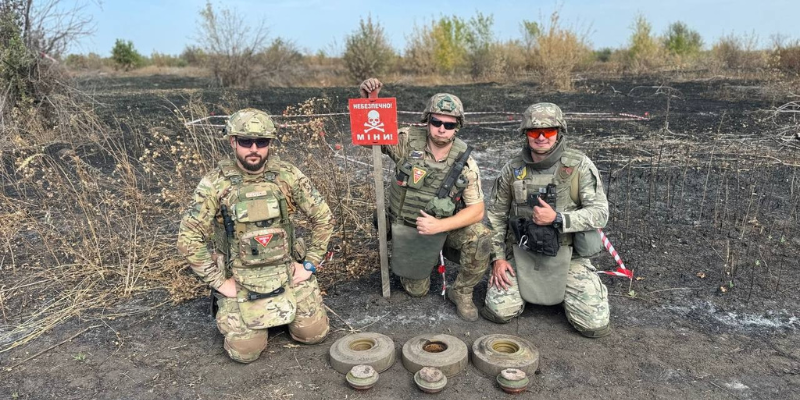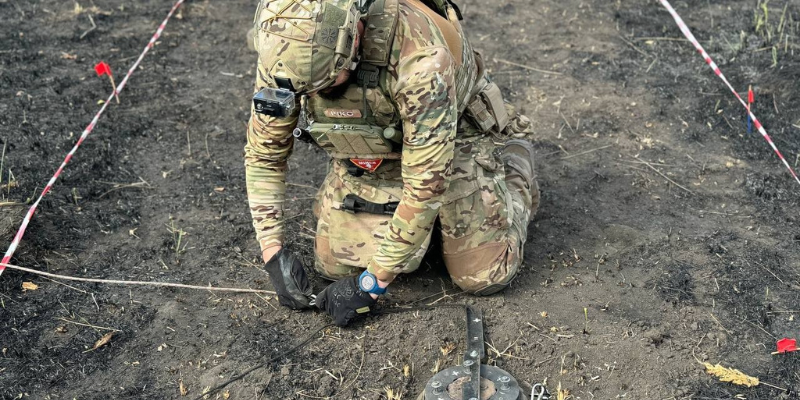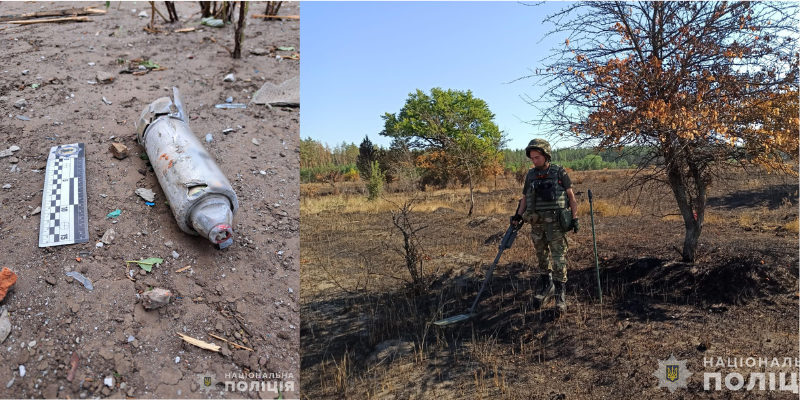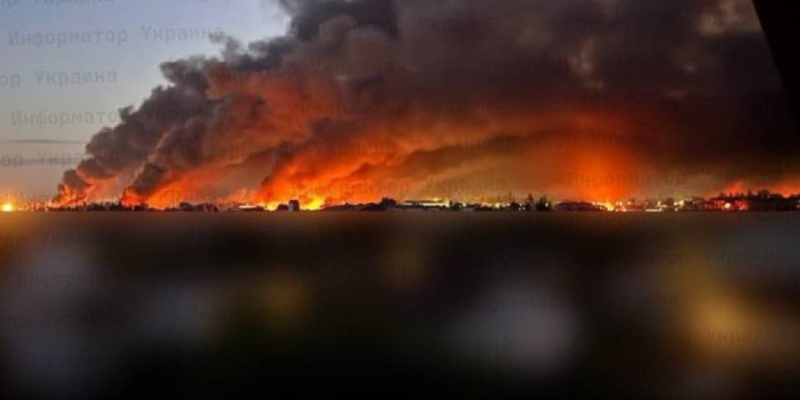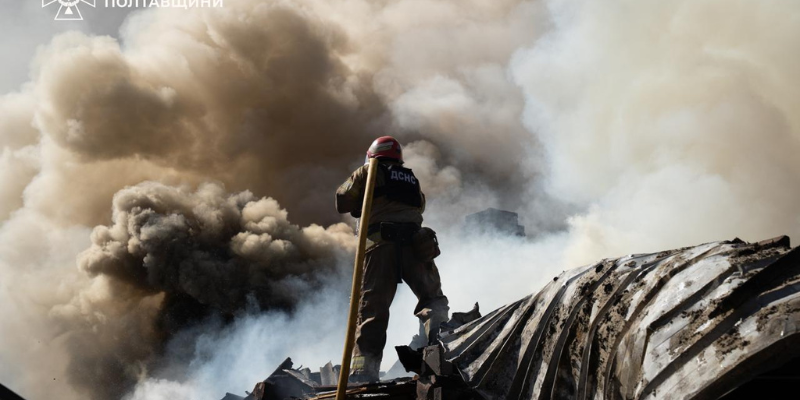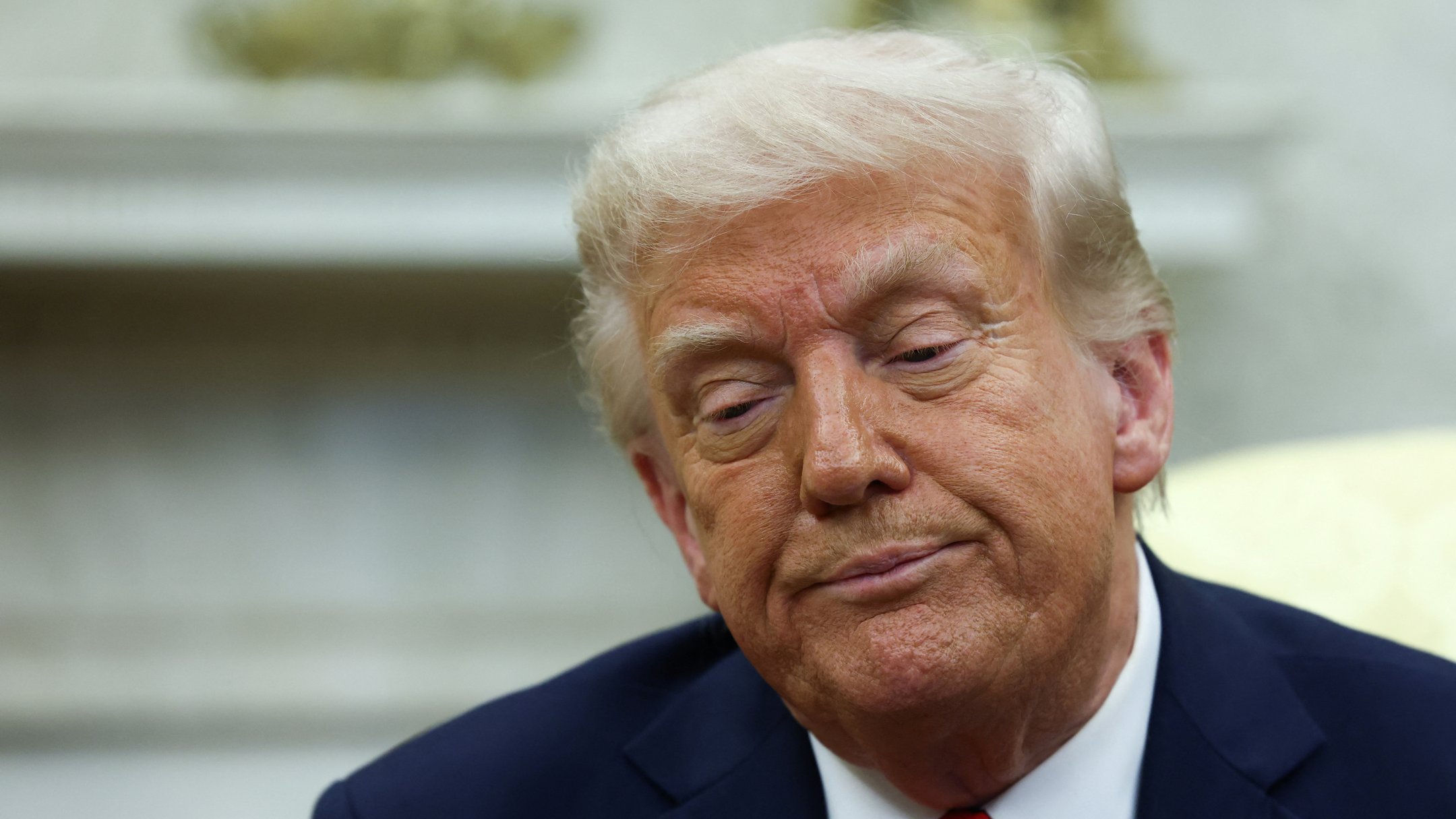Losses in Ukraine and recruitment problems will prevent Russia from expanding its army
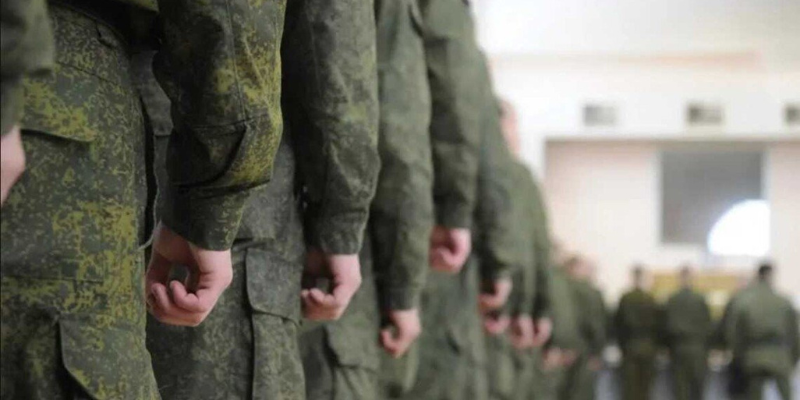
According to the UK Ministry of Defense, the Russian government’s plan to increase the size of its army to 1.5 million troops is likely to face obstacles due to heavy losses in the war against Ukraine and recruitment issues.
Despite Russian President Vladimir Putin’s stated intention to expand the armed forces, the ongoing losses in the conflict and difficulties in recruitment are expected to hinder this ambition. The Ministry of Defense reported that Russia is likely to increase the number and size of its ground forces to accommodate the additional 180,000 troops.
This is the third decree signed by Putin to increase the number of troops since the start of the invasion of Ukraine. The current increase brings the total number of soldiers in the Russian army to 1.5 million, representing a rise of 180,000 soldiers.
SOURCESymbolic number of the Day
Germany has delivered a new military aid package to Ukraine, which includes over 20 Leopard 1 A5 tanks and more than 60,000 155mm shells. The aid package includes five Bandvagn 206 (BV206) tracked all-terrain vehicles, one Warthog all-terrain tracked vehicle, and three GEPARD self-propelled anti-aircraft systems with spare parts. Additionally, Ukraine will receive two TRML-4D air surveillance radars, 10 MG3 machine guns with spare barrels and breechblocks, and 1 million rounds of ammunition for firearms. Germany has also provided Ukraine with various reconnaissance drones, including 30 VECTOR reconnaissance drones with spare parts, 20 RQ-35 HEIDRUN reconnaissance drones, 20 unmanned surface vehicles, 12 SONGBIRD reconnaissance drones, and six Hornet XRs. The aid package includes bridgehead tanks, armored engineering vehicles, demining tanks, radar surveillance stations, self-defense systems for helicopters, border guard vehicles, and other vehicles. Since the start of Russia’s armed attack on Ukraine in 2022, Germany has provided military equipment worth approximately €5.2 billion from its Federal Armed Forces’ warehouses.
SOURCEWar in Pictures
Police explosive experts in Ukraine’s Kharkiv region are clearing critical infrastructure, such as water pumping stations, roads, and agricultural land, of Russian munitions. They use special robotic equipment for the demining process. In the Kupiansk sector, explosive experts from Luhansk neutralized an OFSP-08 type munition, which was produced by Russia and reinforced with a plastid charge weighing approximately 2 kg. Additionally, explosive ordnance disposal specialists in the Dnipropetrovs’k region cleared the area near a water pumping station in the Izium district of anti-personnel mines known as PFM-1S “petals.” This successful operation allowed repairmen to restore residents’ access to water supply. Overall, the police are actively working to remove dangerous munitions from strategic locations and ensure the safety and well-being of the community.
SOURCEVideo of the Day
Rescuers in Kramatorsk battled a fire in a regional landscape park that was caused by an enemy air strike. Despite the challenging circumstances, the rescuers extinguished the fire after nearly a day of fighting. The fire destroyed approximately 8 hectares of forest floor and dead wood.
SOURCEISW report

Continued Ukrainian strikes against rear Russian logistics facilities within Russia will generate wider operational pressures on the Russian military beyond the individual destruction of ammunition stockpiles and logistics facilities. Suspilne’s sources noted that Ukrainian strikes are undermining Russia’s ability to conduct long-range missile strikes against Ukraine. Ukrainian forces conducted a series of HIMARS strikes against Russian ammunition depots throughout occupied Ukraine in Summer 2022, prompting Russian forces to disperse ammunition storage facilities and degrading the efficiency of Russian logistics at the time.
Repeated strikes against ammunition depots within Russia that cause similar levels of damage to the strike in Toropets may force a similar decision point on the Russian military command to reorganize and disperse support and logistics systems within Russia to mitigate the impact of such strikes. Russian forces may not have addressed vulnerabilities at many logistics facilities within Russia due to the sanctuary space that restrictions on Ukraine’s use of Western-provided weapons have generated, although the Toropets facility is not within range of Western systems fired from Ukraine. The lifting of restrictions on the use of Western systems and the continued development of Ukraine’s own long-range strike capabilities may allow Ukrainian forces to more effectively exploit such Russian vulnerabilities. Ukrainian forces struck another Russian ammunition depot near Sergeevka, Voronezh Oblast in July 2024 and continued Ukrainian strikes against Russian ammunition and missile storage facilities could also destroy an important portion of Russia’s materiel reserves.
Ukrainian strikes against facilities within Russia could impact offensive operations throughout the theater in Ukraine if Ukrainian forces have the materiel, capabilities, and permission to conduct such a strike campaign against logistics and support facilities within Russia at scale.
SOURCEWar heroes
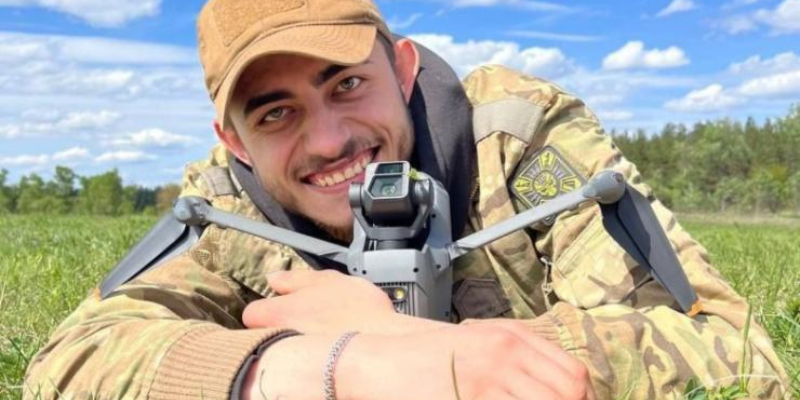
Fighter Petro Tykhonov was killed on July 12, 2024, in the Kharkiv region as a result of an enemy FPV drone strike. The 22-year-old defender was planning to get married in a week.
Petro was born in the Lviv region but grew up in the Lozova community in the Kharkiv region since the age of two. He was an orphan, so his aunt, Kateryna Petrivna, raised him.
At first, he studied at the Poltava Educational Complex, and later, he graduated from the Ukrainian State University of Railway Transport with a degree in high-speed train engineering. At the same time, he also studied to become a conductor. In his civilian life, he worked for Ukrzaliznytsia as a passenger car conductor at the Kharkiv-Sortuvalnyi depot.
During the full-scale invasion, Petro voluntarily joined the Lozova Territorial Defense. Then, he took a course to become a pilot of uncrewed aerial vehicles and served in the 113th separate territorial defense brigade. He was awarded the Golden Cross and the “Unbreakable Heroes of the Russian-Ukrainian War” medal.
“He was very fond of his foster grandfather and was a wonderful brother,” the Lozova City Council said. Petro is survived by his aunt, fiancée, brother and other relatives.
*Petro’s story on the Heroes Memorial – a platform for stories about the fallen defenders of Ukraine.
SOURCELatest news
- EU to help Ukraine repair damaged power generation facilities to meet 15% of its needs
- Reuters: Ammunition from India enters Ukraine, raising Russian ire
- Russians turn Ukraine’s Kinburn Spit into combat zone: fires destroy natural reserve
- Romanian President asks parliament to approve training centre for Ukrainian marines
- WSJ: Putin is under pressure to call up more troops for War of attrition
- EU ambassador: EU allocates 400 million euros from frozen Russian assets for production of Ukrainian Bohdana howitzers
